Why we need to re-discover the lost art of ritual 🤲
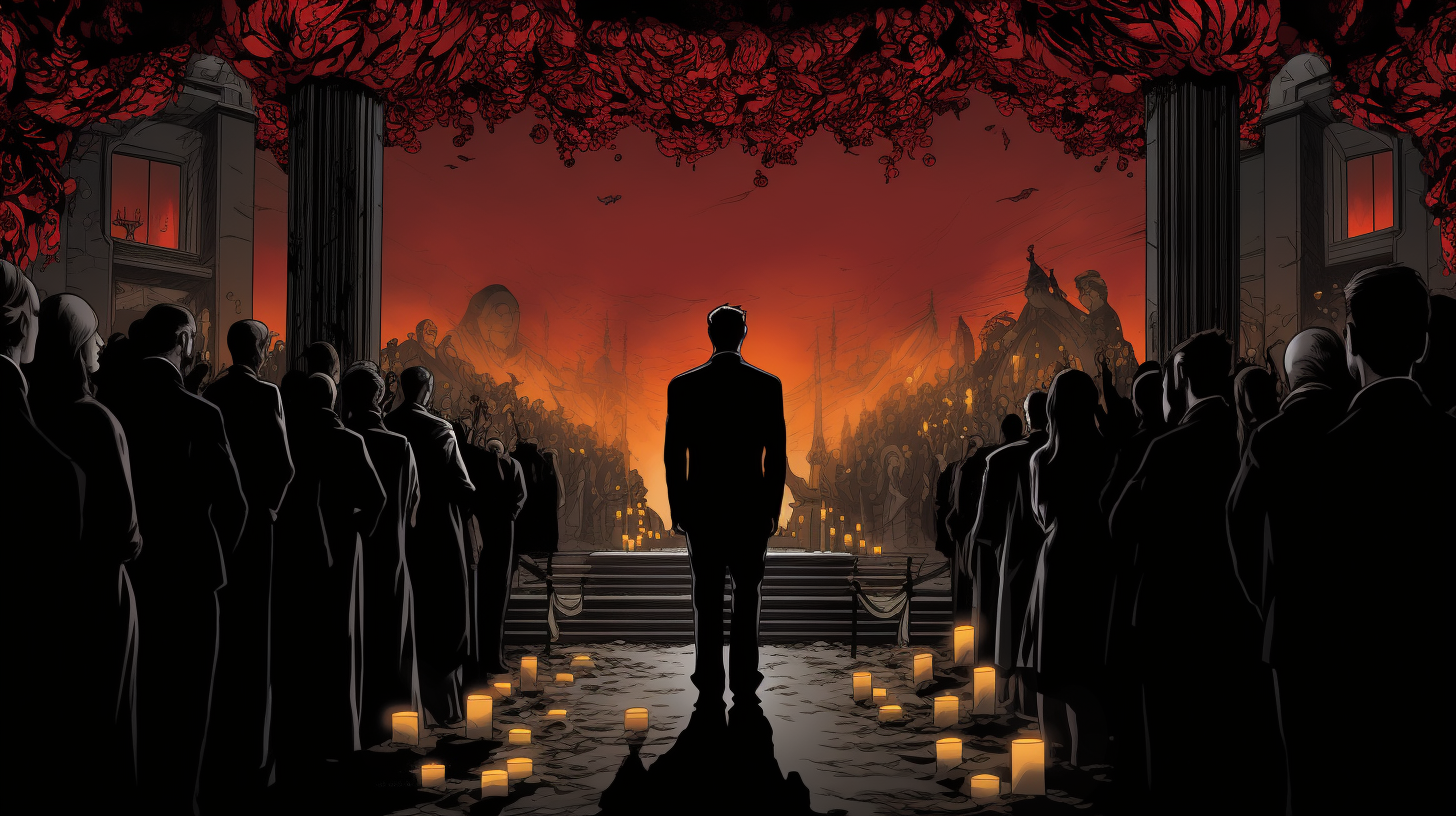
In today’s polarised, angry, annoyed, frustrated world, there is one thing that unites us. And no, it’s not the sense of glee we see when bullies get their comeuppance, or when you find money in your jeans after not wearing them for a while - although they are both immensely satisfying.
No, the thing that unites us all are rituals. Yes, rituals. Those things we do that have no impact on the world around us, but do in fact mean the world to us. I’m talking about things like marriage rites, childbirth customs, burials, oaths, pledges to allegiance, wearing your team’s colours, things like that.
These quirks of being human have, it turns out, a profound ability to help us cope with anxiety, feel part of a community, and even help us perform better. So in this week’s Brink I'm going to espouse the virtues of rituals, and why you should have more of them in your lives.
Rituals? Why? 🎃
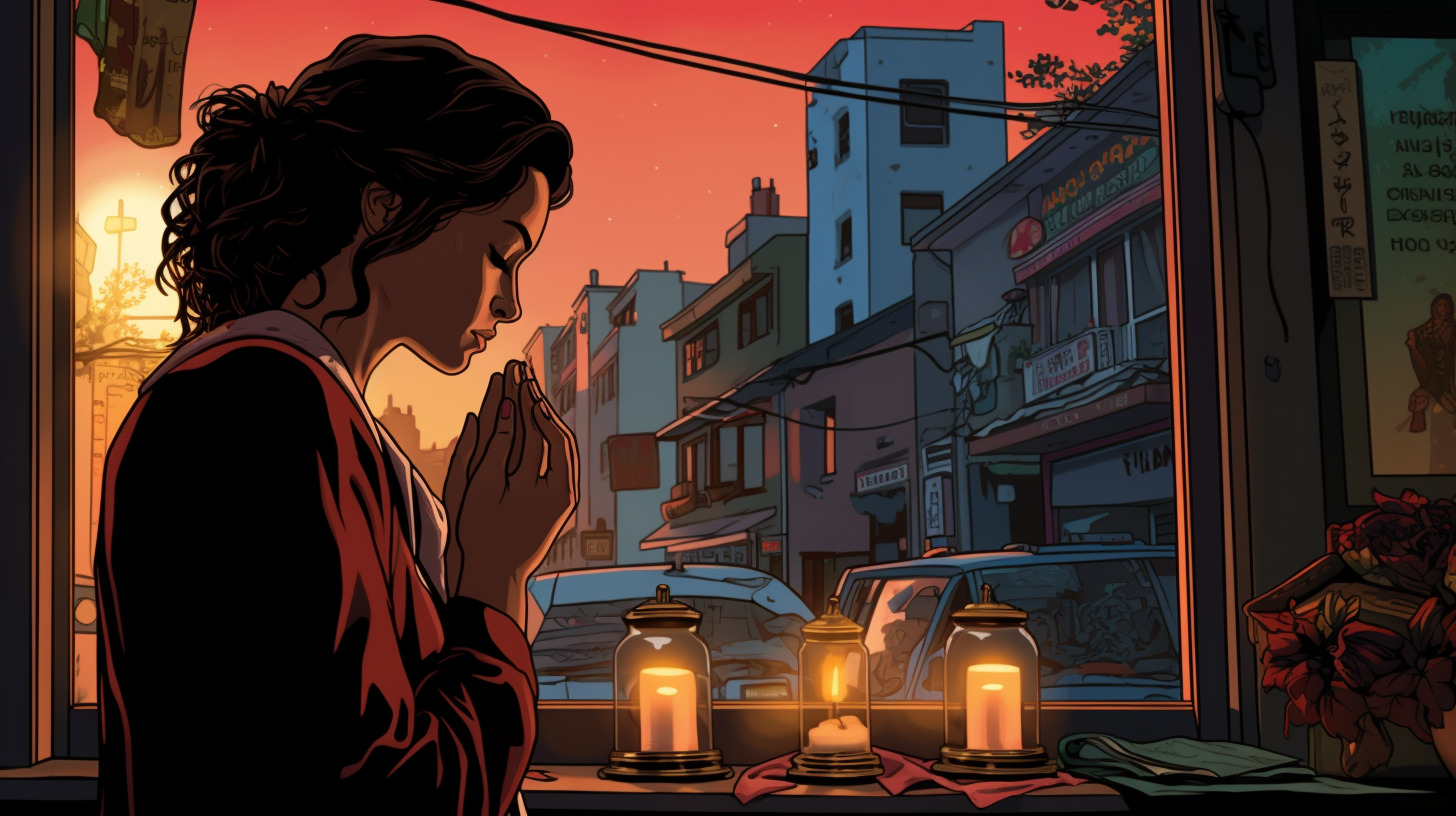
Without a single exception, all known human societies - whether past or present - have a range of traditions that involve highly choreographed, formalized, and precisely executed behaviors that mark key moments in people’s lives.
In fact, rituals can be found before civilization even existed. In a cave in northern Spain lies what some believe is the first evidence of a ritual, dating back 430,000 thousand years. In a cave system called Sima de los Huesos or the “Pit of Bones” there are 28 individuals that were neatly packed together in a small chamber, each with an axe placed beside them. There is no evidence of the caves being lived in, suggesting these bones were carried and arranged there on purpose. Weird, right?
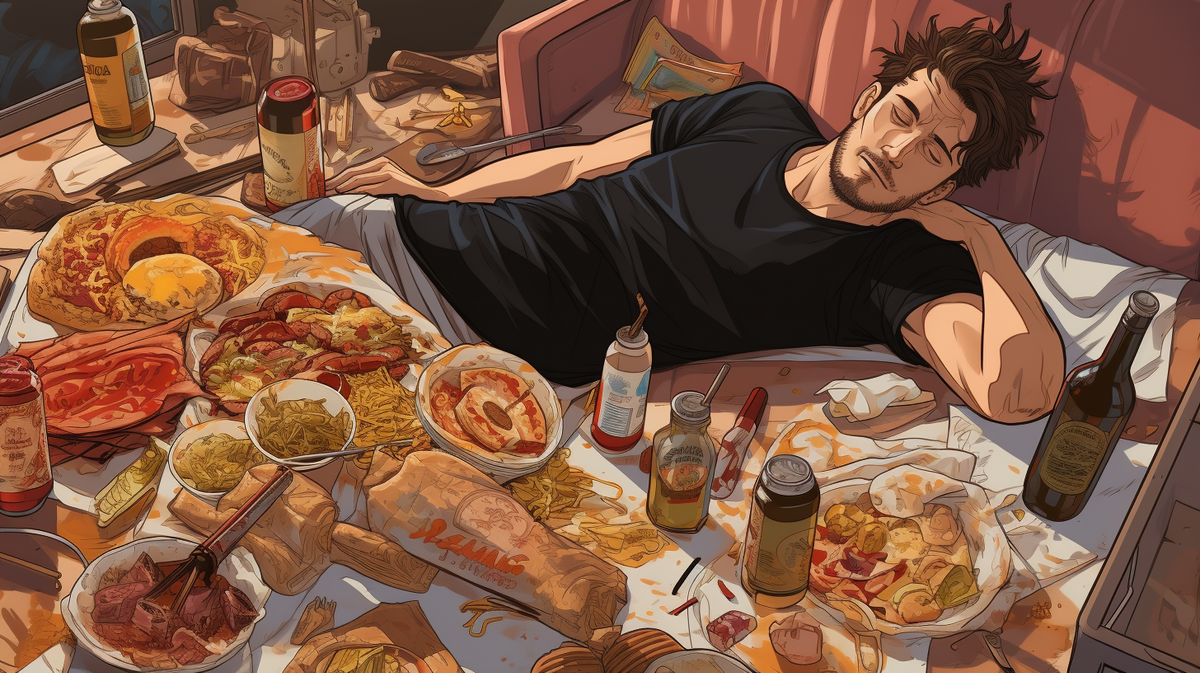
Rituals have no explicit purpose at all, beyond of course, the meaning we feel they create for us. For example, performing a rain dance does not make it rain, nor does stabbing a voodoo doll, as much as we’d like it to.
But they’ve never gone away. We continue to knock on wood, say our prayers, and don our lucky underwear before a big game. Even animals do it.
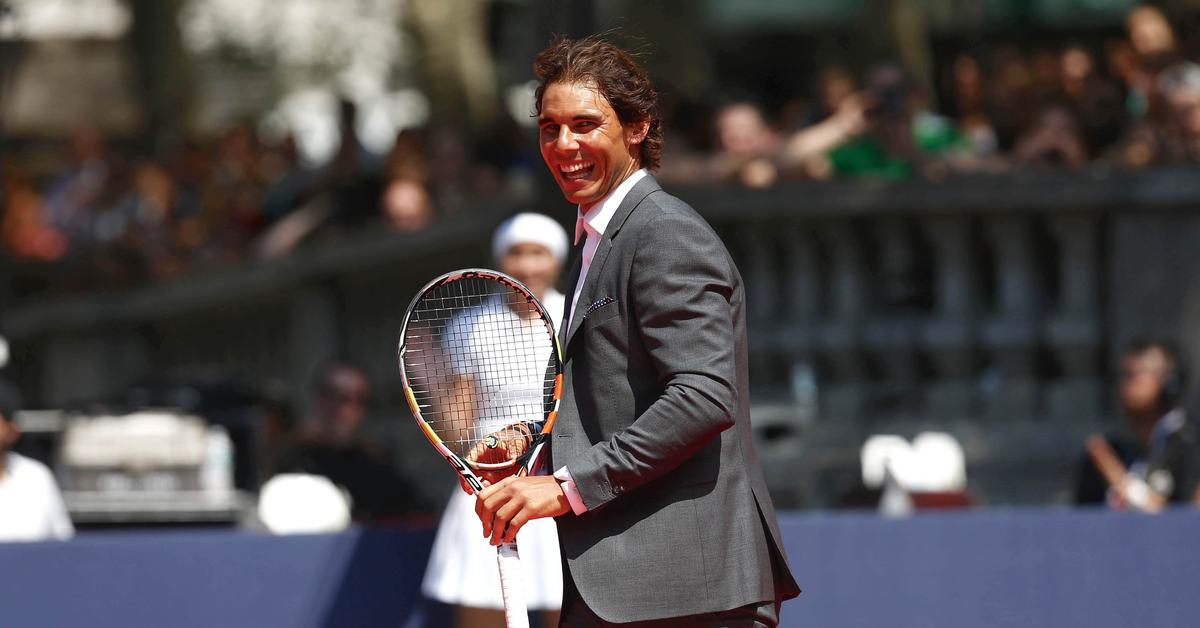
In a variety of locations in West Africa, chimpanzees were recorded collecting stones and carrying them to specific trees. They placed these rocks inside hollow cavities, used them to drum on the tree trunks, or piled them at the base of the trees.
Researchers compared these stone piles to the cairns or stone mounds that people in various cultures use to mark sacred locations. Indeed, these trees appear to have special significance for the chimps, who will often change their course when traveling in the area to visit them before resuming their trip.
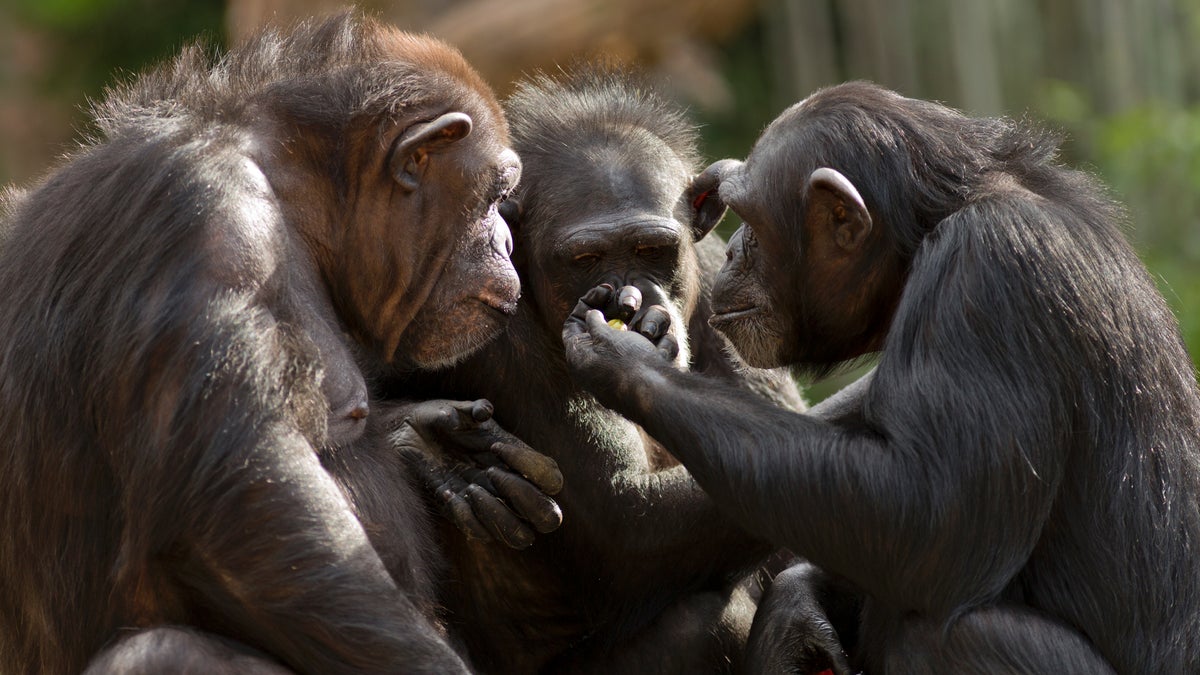
Even if you don’t consider yourself superstitious (or even a little stitious), you will engage in a New Year celebration, a funeral, a wedding, or even a rite of passage or witness it. But why? Why do we do this? Well, many reasons, but before I get to that, it’s important to separate a ritual from a habit.
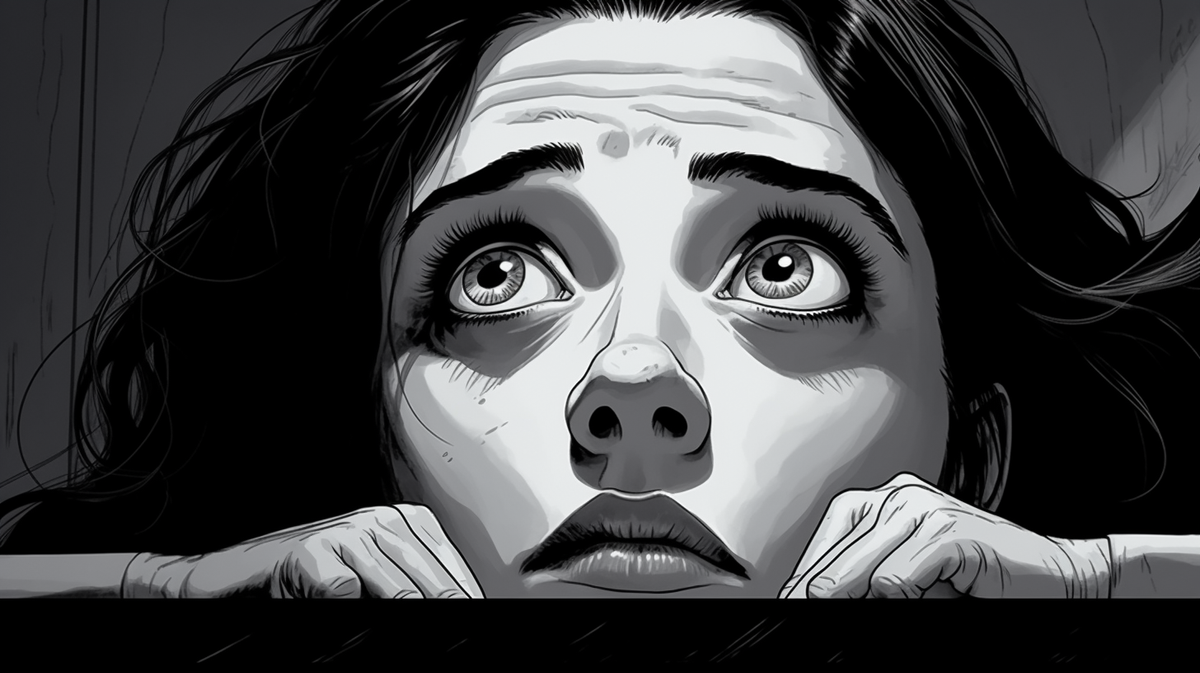
Habits and Rituals ☕
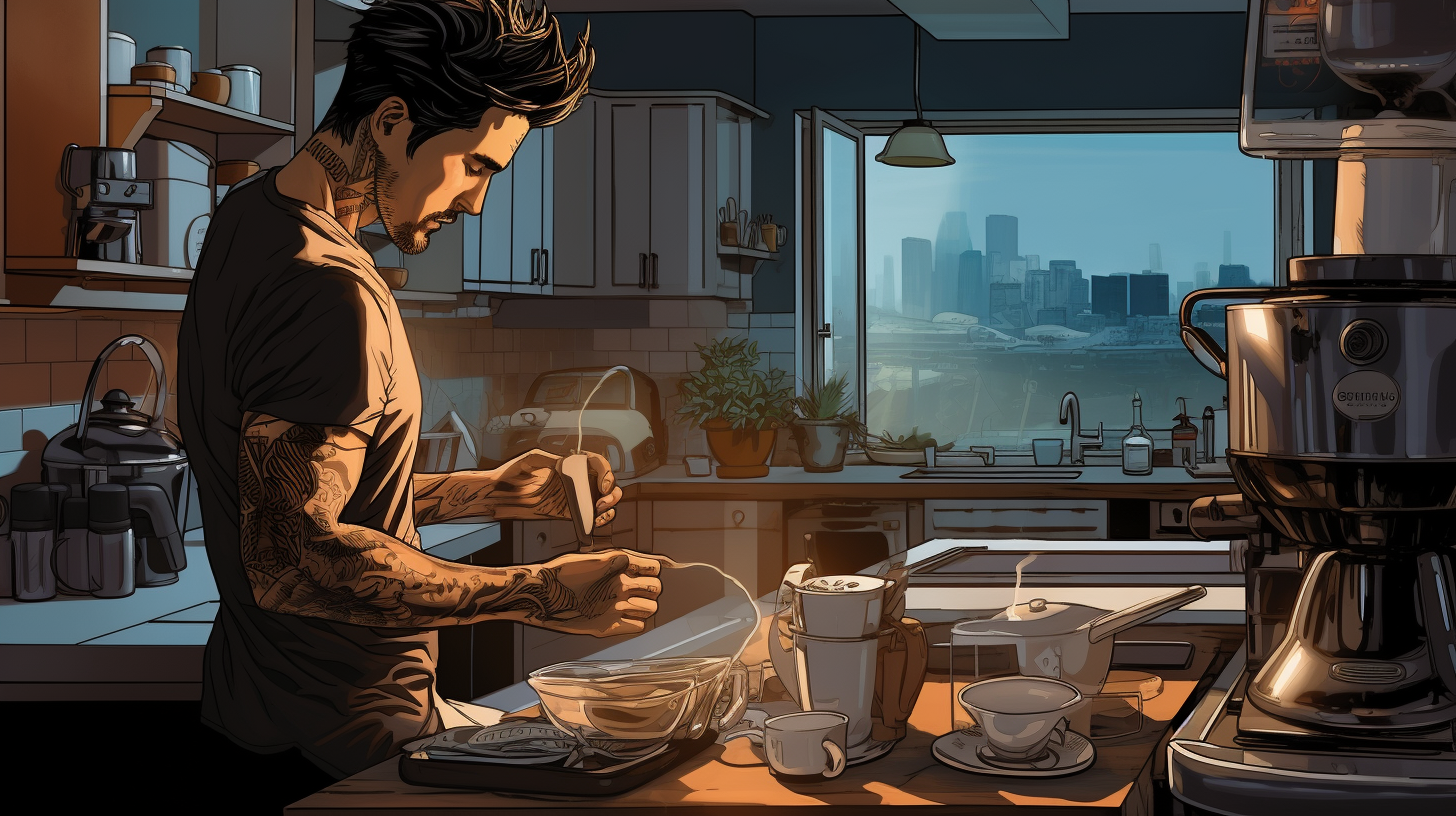
Although both can be stereotypical behaviors, in that they involve fixed and repetitive patterns, habits have a direct effect on the world while a ritual is more symbolic and is often performed for its own sake. While habits help us organize important tasks by routinizing them and making them mundane, rituals imbue our lives with meaning by making certain things special.
Anthropologists have explored the functions of ritual for more than 100 years, and discovered that ritual does several key things:
- It’s a vehicle for personal fulfillment
- It can symbolize or represent empowerment and transformation
- It can be a mechanism for cooperation
- It can help maintain social order
They are very important. But why do we do them, and what can we learn from them so that we can bring some of their magic into our own lives?
Uncertain times 🎃

Bronislaw Malinowski, a Polish anthropologist prominent in the twentieth century, wanted to know why we love a good ritual. So he went to remote islands to try and find people who hadn’t had much exposure to the wider world, so he could test whether rituals appear spontaneously as opposed to learned from others.
He ended up in the Trobriand Islands, where a tiny community lived off the coast of Papua New Guinea. While observing the community, he noticed something peculiar: rituals were absent from experiences where there was a predictable outcome, but abundant in areas where there was a sense of danger or uncertainty at how something might go.
When the group planted vegetables prone to disease: there were rituals, when men went to sea to fish, rituals. But going to see your neighbor? Nothing. Going to sleep at night? Nada.

Ritual, he argued, comes from a need to exert control over the uncontrollable. It creates a link between acts we can perform, and how something might go. Even if it is just an illusion, it can still be therapeutic.
In essence, we use rituals to help us cope with uncertainty. Gamblers are, says research highly ritualized in how, where, when, and what they wear when they gamble. Professional athletes are also prone to creating rituals before performances. Have a look at Rafael Nadal’s pre-game ritual. Fun fact: When asked in interviews if he’s superstitious, he says no.
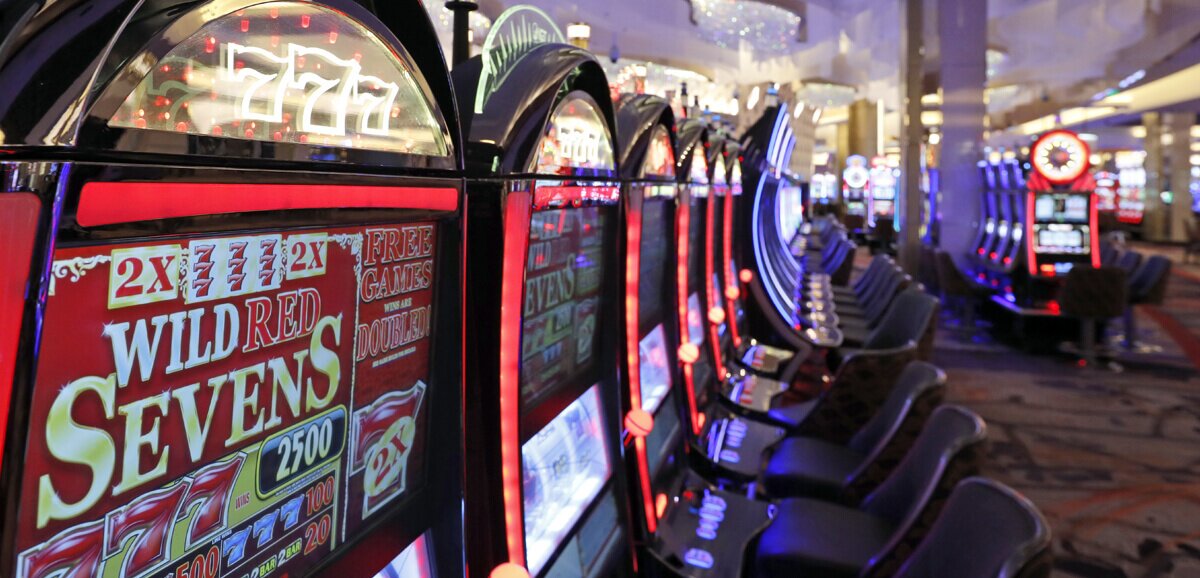
People trapped in wars and conflict engage in highly ritualised behaviours, too Psychologist Giora Keinan surveyed Israelis during the first Gulf War in the early 1990s. She asked them about their superstitious beliefs and found those who lived closer to the Iraqi border, engaged far more in rituals than those who lived further away.
But she also found people that who were more ritualistic experienced lower levels of anxiety than those that did not. It helped provide a sense of control or influence over things that seemed beyond their conscious control. If they got through the day unharmed? The ritual probably helped.
The same can be said of athletes. In a University of Connecticut study, they found when basketball players kissed the ball before a throw, or spun the ball or played out any form of repetitive ritual, they seemed to score more consistently than those who didn’t.
This is what psychologists call the compensatory control model: we compensate for a lack of control in one domain by seeking it in another. Whether or not it is real control is irrelevant. It works. In experiments conducted by psychologist Alison Brooks, she found ritual improved people’s maths scores, how they sang, and even how athletes performed. Why? Because it makes us feel like we have some control over uncertain things.
But they also go beyond the individual. Rituals help bind us together into communities, nations, religions, and cultures.
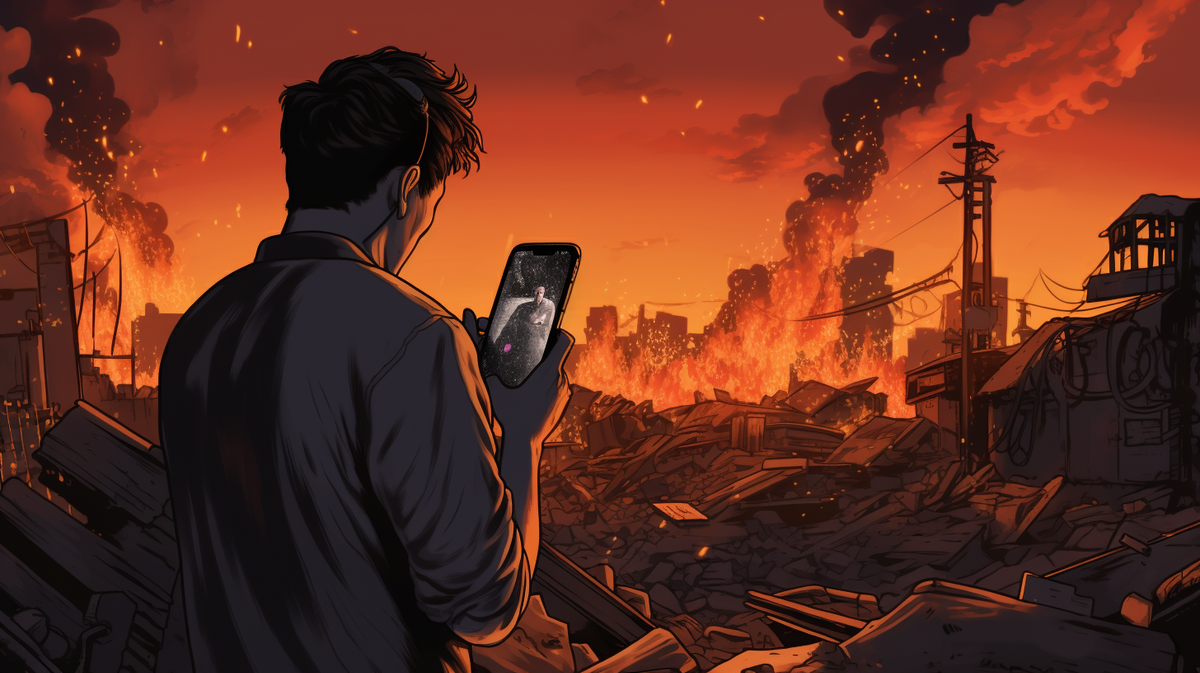
Sing when you’re winning 🎤

Why is it that when you go to a large sporting event, you sing the national anthem? Why in a football match do players emerge from a tunnel together in a single line to loud music and flames?
It’s ritualistic, but it also creates a collective sense of anticipation, excitement, patriotism, whatever. Humans in groups experience emotions like a virus. Feelings pass from one person to another until everyone feels roughly the same.
Rituals standardize that. They bind us together by helping us feel the same. A case in point: during the peak of COVID, in the UK, every Thursday evening people stood on their doorstep and banged pots and pans together at the same time across the country. Why? It brought us together at a time when we felt far apart.
Rituals are important for us as individuals because they can help create order out of uncertainty, and rituals are important for us as a society because they can help bind us together. At a time when the world feels more uncertain than ever, maybe it’s time we create some new ones.
Things we learned this week 🤓
- 🤰 Women’s brains change during pregnancy to help them become super learners.
- 😱 Watching scary movies makes you more likely to believe in the paranormal.
- 👴 Getting older does not necessarily make you wiser, says new study.
- 🙅♀️ Want better self control? The key says research is how clearly we see ourselves.
If you would be so kind 🙏
So I’m going to try and grow this thing this year beyond the exquisite collection of followers I have right now.
If you enjoy my witterings, please do share with someone or subscribe, it really helps.
I love you all. 💋



